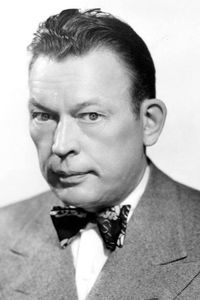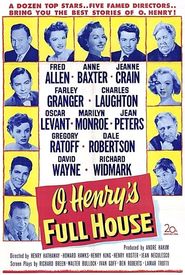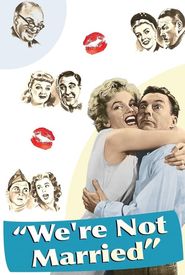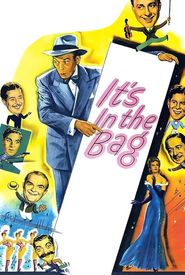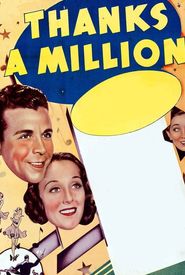John Florence Sullivan, better known by his stage name Fred Allen, was a renowned comedian who made a significant impact in the entertainment industry through his work in radio, television, and film. Born in Cambridge, Massachusetts in 1894, Allen was educated at Boston University.
His illustrious career in the entertainment industry spanned multiple decades, with his Broadway shows including "The Passing Show of 1922" and "The Greenwich Village Follies". He also produced, wrote, and starred in a network radio show, which was titled at various times "Linit Bath Club Revue", "Town Hall Tonight", "Texaco Star Theater", and finally "The Fred Allen Show", from 1932 to 1949.
In addition to his work on radio, Allen was a semi-regular on the network radio program "The Big Show" from 1950 to 1952, and was a frequent guest on "The Jack Benny Program". He and Jack Benny, who were good friends in real life, had an accidental on-air feud that began in 1936 and lasted off and on until Allen's passing.
On television, Allen was one of the regular rotating hosts of the Colgate Comedy Hour in 1950, but did not renew his initial contract due to health reasons. He also starred on television's "Judge for Yourself" from 1953 to 1954, and was a regular panelist on "What's My Line?" from 1954 until his death.
Throughout his career, Allen appeared in several films, including "Thanks a Million", "Love Thy Neighbor", "Sally, Irene, and Mary", and "It's in the Bag". He also wrote two autobiographies, "Treadmill to Oblivion", which was published in 1954 and focused on his days in radio, and "Much Ado About Me", which was published in 1956 and focused on his days in vaudeville.
In addition to his written works, Allen was known for his avid letter writing, and a collection of his letters, titled "Fred Allen's Letters", was published in 1966.
